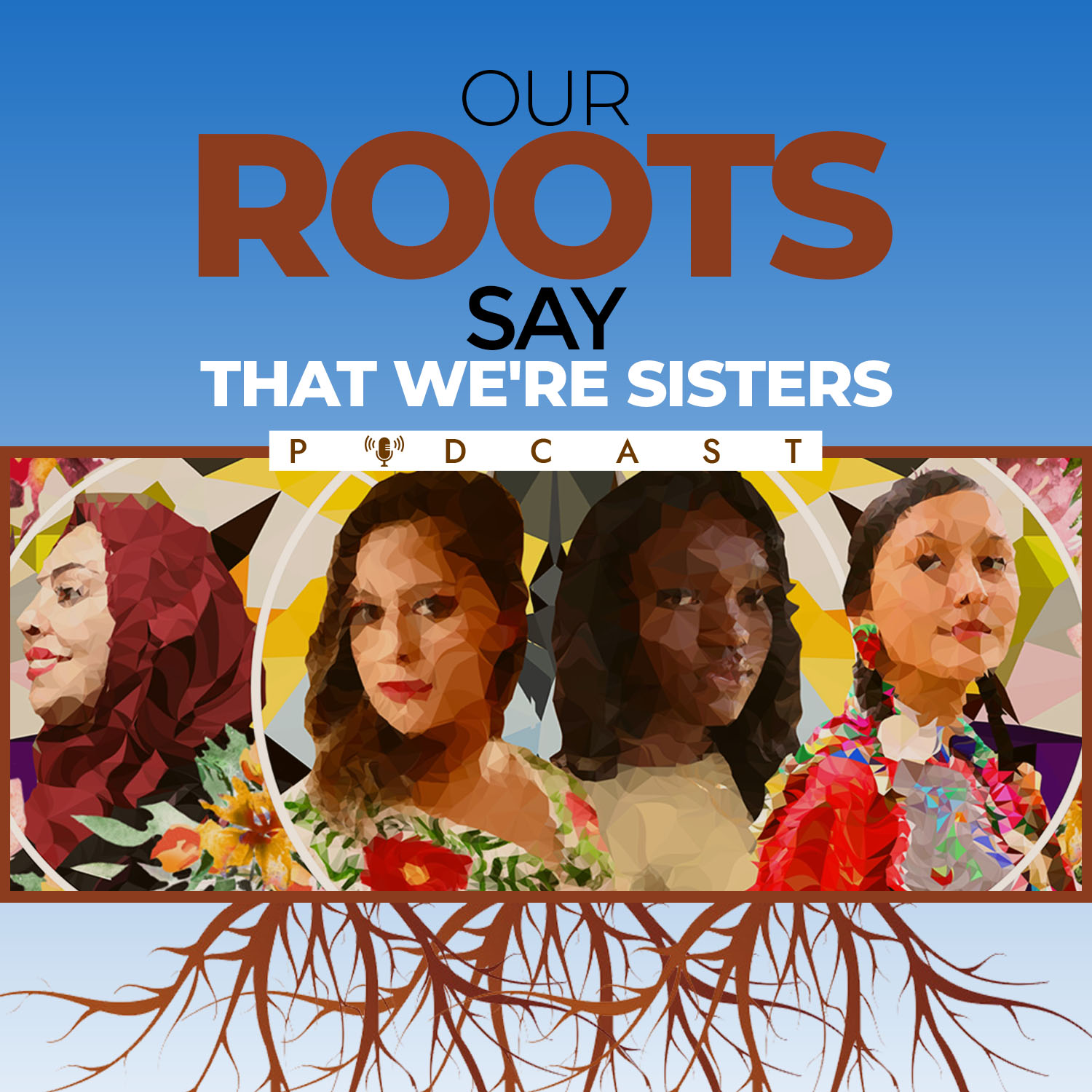Education, Family and Faith with Judge Maxine White
In this episode our host Sheena Carey talks to Judge Maxine White, the first African American woman on the Wisconsin Court of Appeals. She was born in rural Mississippi and raised in a family of cotton sharecroppers as the eighth child.
Episode Highlights:
02:24 – I still, with three college degrees (one from Marquette University Law School), feel and experience the kinds of feelings that I had as a child, that is, being misunderstood, being disregarded, being invisible and having to fight even to this day.
06:35 – It’s that community aspect that I want people to hold on to. You can’t do it alone, you don’t have to be alone, even if you feel lonely.
11:34 – I’ve had so many opportunities to reach out and improve the lives of other people, which I think, is my calling.
13:40 – My life has always imitated things that I valued a lot. And so, I didn’t try to change myself. I fought against trying to change myself so much.
21:45 – I see myself as a fighter for the little guy or girl. I think that I have the strength and capacity to take on the things that other people may shy away from. And that’s part of the gift of feeling free through a solid good education, strong family unit, and faith in God.
Interview:
01:09 - What is the story you’d like to share with us today? – It is quite an amazing one. It’s a journey that’s a testament to the strength of African Americans and Africans. My parents were sharecroppers. There were 11 of us, I’m number 8 in the family, and it was a hard life
03:06 - How have those challenges as well as your identity influenced the choices that you’ve made? – Certain people in my life, and my parents, led me to believe that rather than feeling sorrow and fear we should feel empowered to do something about it.
04:18 – Tell us a little bit about this journey from Mississippi sharecropping farm to Wisconsin Court of Appeals? – My parents always said – You got to work with what you got. - You got to have people pushing you up close and from afar.
11:40 - How has the theme of the mural project resonated for you? – That is huge, that is gorgeous, that will be seen, and if it is not understood, it’s the viewer’s problem.
18:34 – Who’ve been the women of color who’ve served as inspiration for you? – At the top of that group is my grandmother. And my mother and my father were very strong. They are my champions.
22:05 - What role has vulnerability played in your journey? – If anyone says that sticks and stones don’t hurt, they’re just kind of masking it – it hurts. When you see people who are disregarded, or not respected, the thing that rises up in me most is – even if they don’t feel like fighting, I still do.
23:40 - What impact do you hope to have on women of color? – I want them to feel comfortable in themselves.
26:03 – What are your hopes for the future? – I hope that people stay hopeful, because if we don’t, we’re doomed.
28:20 - What would you like the community to know about you and your journey? – I want them to know that regardless of how hard the moment is, the joy comes in the morning. I’m never going to give up or give in to those things that nag at me, I’m going to use all my strength to work on those things that really further all of us, because it’s really about all of us, not just one of us.
Contact information:
Jacki Black
pronouns: she/her/hers
Associate Director for Hispanic Initiatives
Marquette University
454 Zilber Hall | PO Box 1881 | Milwaukee, WI 53201
414-288-4118
http://www.marquette.edu/diversity/
Credits:
The Our Roots Say That We're Sisters Podcast series was recorded and produced by Podcast Town (www.podcasttown.net)
